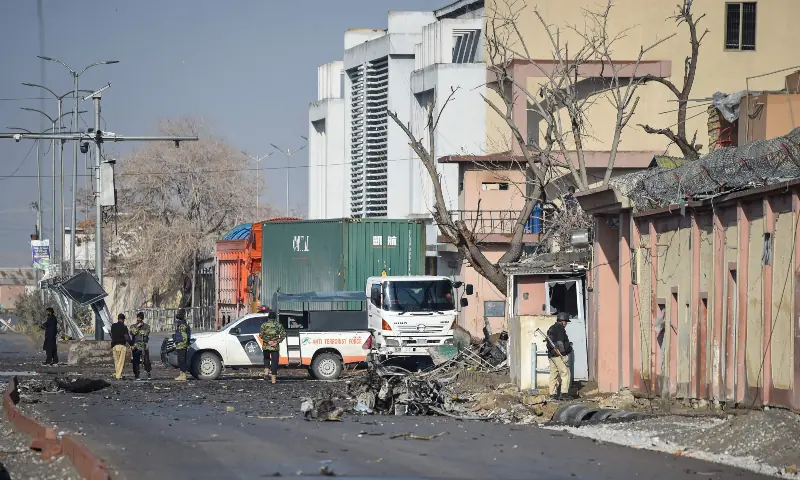Prime Minister (PM) Shehbaz Sharif arrived in Uzbekistan for high-level talks aimed at boosting trade, energy, and defence cooperation, as Pakistan continues its economic diplomacy push with Central Asia.
The visit follows Shehbaz’s two-day trip to Azerbaijan, where Pakistan and Azerbaijan signed multiple agreements to enhance trade, energy, tourism, and education ties.
Pakistan is positioning itself as a key trade and transit hub for the landlocked Central Asian republics, connecting them to global markets. Over the past year, there has been a surge in diplomatic visits, investment talks, and economic engagements between Pakistan and Central Asia.
Also See: Erdogan’s Islamabad Stop: Brotherhood, Strategy, and a $5B Gamble
PM Shehbaz’s visit is part of broader vision of Pakistan to deepen engagement with Uzbekistan and other states in Central Asia, leveraging economic, trade, and strategic partnerships for regional growth.
The Uzbek foreign minister, Bakhtiyor Saidov, received Shehbaz at Tashkent Airport, according to a statement from the Pakistani Prime Minister’s Office.
Pakistan and Uzbekistan are expected to sign several agreements during the visit, Pakistan’s Foreign Office confirmed.
“The prime minister and the president of Uzbekistan, during the bilateral meeting, will discuss all areas of cooperation, including connectivity, economic, trade, investment, energy, defence, and security, regional stability, and education,” the statement said. The leaders will also exchange views on regional and global issues of mutual interest.
The visit underscores Pakistan’s commitment to strengthening ties with Uzbekistan, the Foreign Office added, highlighting efforts to foster economic collaboration and explore new avenues of partnership as part of a broader regional integration strategy.
Shehbaz will also address the Pakistan-Uzbekistan Business Forum, where leading business figures from both countries will hold business-to-business (B2B) meetings.
Uzbekistan is Central Asia’s second-largest economy and its biggest consumer market. It was the first Central Asian nation to sign a bilateral Transit Trade Agreement (UPTTA) and a Preferential Trade Agreement (PTA) with Pakistan, covering 17 trade items.
In February 2023, Pakistan and Uzbekistan inked a $1 billion trade deal to facilitate goods and services exchange. Last month, Uzbek Ambassador to Pakistan Alisher Tukhtaev also announced plans to launch direct flights from Uzbekistan to Karachi, further enhancing connectivity between the two nations.
This news is sourced from The Express Tribune and is intended for informational purposes only.

![PM Shehbaz visits Uzbekistan to boost trade, energy, and defence ties as Pakistan strengthens ties with Central Asia. [Image via PID]](https://southasiatimes.org/wp-content/uploads/2025/02/uzbek1740496106-0.webp)




